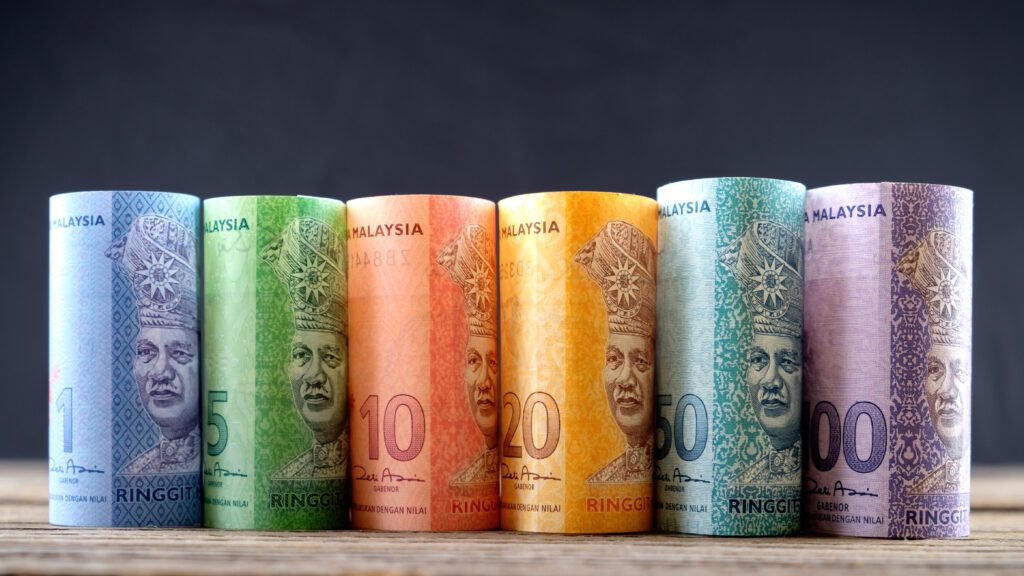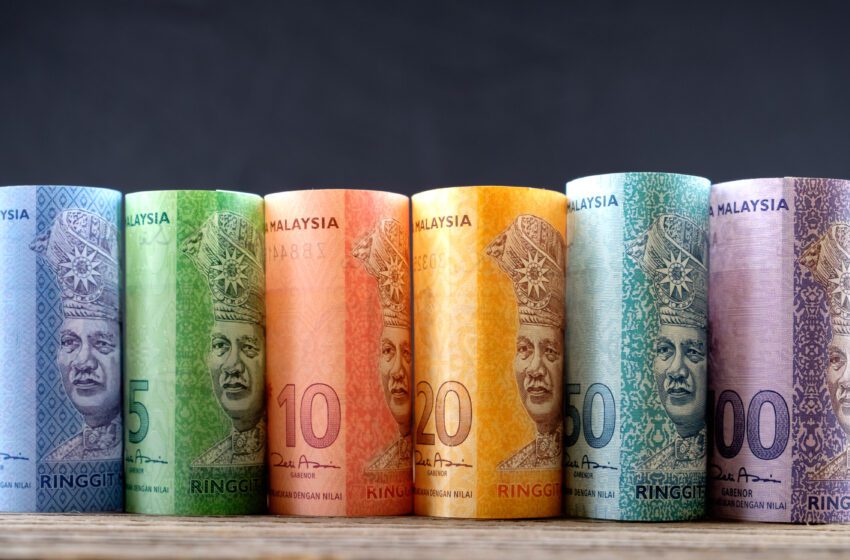
A public health advocate was shocked by the Malaysian government’s decision to retain the tax revenue from vape products collected over the last four years in the Federal Consolidated Fund despite a previous pledge to utilize it for health-related initiatives.
“Government and non-governmental organizations working in public health are going to need all the additional resources that they can get to deal with the consequences of unrestricted and unprohibited marketing and sales of disposable nicotine vape devices, including through vending machines,” a release from the Galen Centre for Health and Social Policy states.
The group has opposed the move to de-classify nicotine in vape products as a poison so that the government could tax its sale. According to media reports, Galen Centre CEO Azrul Mohd Khalib said, “The vape tax revenue would have been used for this purpose.”
Prime Minister Anwar Ibrahim, who is also the finance minister, recently said the government collected RM141.1 million ($30 million) in vape tax revenue, including RM58.55 million from nicotine-containing vape liquid products, from 2021 to 2024.
He had previously stated that half of the vape tax revenue would be earmarked for the health ministry, which was seen as appeasing criticism that the government was trying to stop stricter anti-tobacco laws in the face of protests from the powerful tobacco lobby.
“The government supports the spirit of the generational end game (GEG) and has agreed to earmark half of the revenue from this excise duty for the Ministry of Health for efforts to improve the quality of health services and for effective anti-smoking and anti-drinking campaigns,” Anwar had said during his budget speech on Feb 24 last year.
Galen Centre said the government made the promise to justify its argument that nicotine vaping should not be banned.
“Half of RM141.1 million is RM70 million more funds, which could help repair the damage of having nicotine vape completely deregulated for more than a year,” said Azrul. “This money is intended to complement existing allocations given to the Ministry of Health, especially in the area of health education and promotion, which is severely underfunded.”

